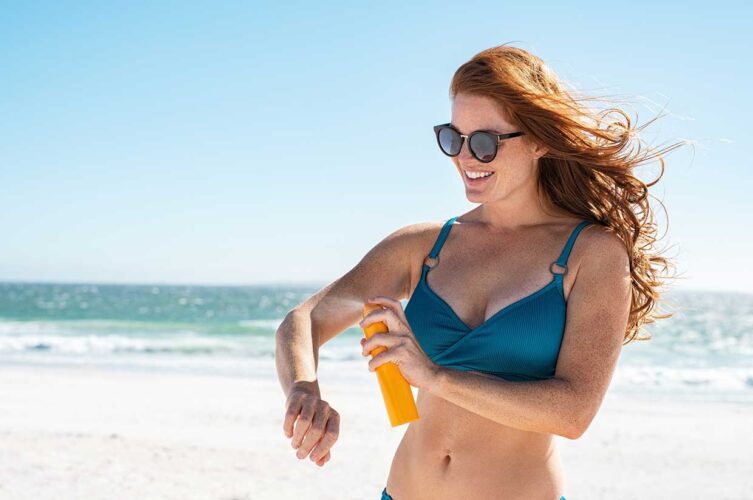Is skin protection vital to you? Are you conscious of your facial and aging lines? If you are like most people who answer “yes,” then finding protection from the sun’s UV rays must be your priority. But note that whatever you put on your skin gets absorbed into your system, so be on the lookout for something healthy for your body. While you are at it, you might as well include the environment in your consideration. A vegan sunscreen can give you all these and much more.
A lot of vegan sunscreens are already available in the market these days. If you want to use safer products but do not know where to start, use the following guide. The following information can be found on the label of the product and tell you whether it is vegan or not.
- Vegan
When choosing a healthier sunscreen, look for the vegan description on the label. These brands have no animal ingredients. Substances commonly found in regular cosmetic and personal care products such as lanolin (wool grease), chitin (crushed shells of crustaceans), collagen (fat of cows, pig or sheep) and elastin (protein from neck ligaments of cows), among others, should not be present on the label.
- Natural Ingredients
Instead of chemicals which are the usual ingredients of traditional sunscreens, vegan brands use natural, plant-derived substances. A vegan sunscreen is also paraben and sulphate-free, using only natural preservatives. Parabens, sulphates, and oxybenzone are chemicals that are toxic to the skin and harmful to the environment.
Natural ingredients in vegan sunscreens have been proven to be equally effective in protecting the skin from the sun’s harmful rays and reducing the early signs of aging.
- Cruelty-Free
When your sunscreen label says cruelty-free, it just means that the ingredients used to make the sunscreen were not tested on any animals at any stage of the development of the product. A vegan sunscreen usually has a cruelty-free logo stamped on the product, which indicates that no animals have been harmed when the product was made.
- Reef-friendly
According to the US National Park Service, approximately 4000 to 6000 tons of sunscreen enter the ocean every year, affecting the coral reefs. Coral reefs are home to many species of fish that are at risk of damage to the marine ecosystem.
Toxic ingredients present in the traditional sunscreens are now found in different marine animals such as fish and dolphins. These chemicals present in sunscreen also cause coral bleaching, which can eventually lead to the destruction of the coral reef ecosystem.
- Palm-oil free
Palm-oil is the most popular and the most consumed vegetable oil in the world. While palm oil itself is not a bad substance, the impact of its widespread use for manufacturing is. Several hectares of virgin rainforests in the tropics have been converted to palm plantations to meet the increase in demand of palm oil, leaving many species of flora endangered and various fauna bereft of their natural habitat.
Healthy, glowing skin is important, but not at the expense of the environment. With vegan sunscreens, you would not have to choose one over the other. These brands use a sustainable business model that can give you the skincare you need without harming the environment. All you have to do is check the label before you buy it.

